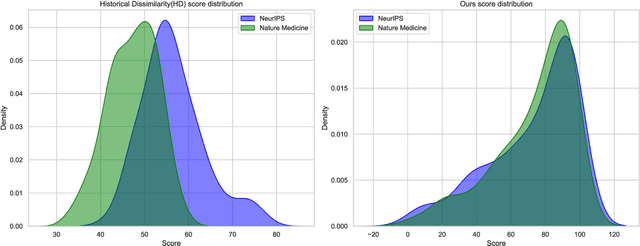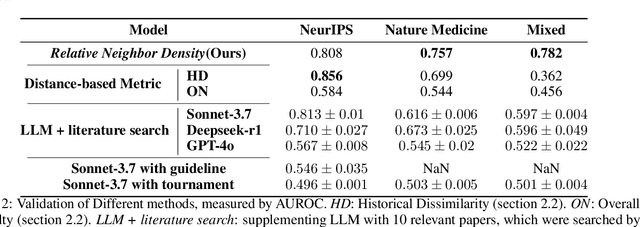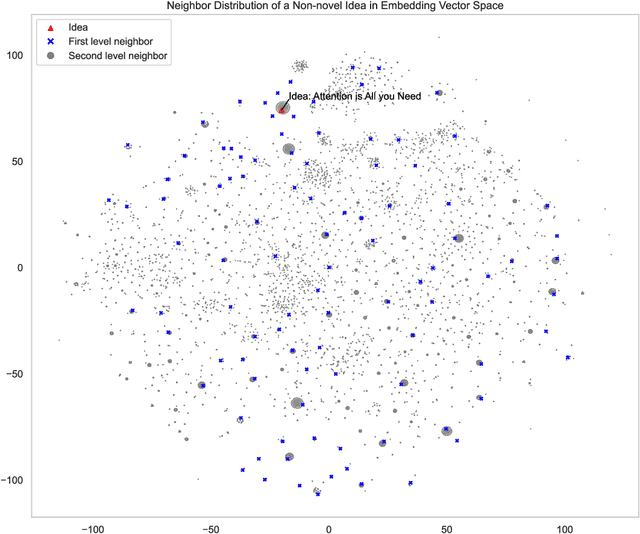Mingxuan Cui
DR-SAC: Distributionally Robust Soft Actor-Critic for Reinforcement Learning under Uncertainty
Jun 14, 2025Abstract:Deep reinforcement learning (RL) has achieved significant success, yet its application in real-world scenarios is often hindered by a lack of robustness to environmental uncertainties. To solve this challenge, some robust RL algorithms have been proposed, but most are limited to tabular settings. In this work, we propose Distributionally Robust Soft Actor-Critic (DR-SAC), a novel algorithm designed to enhance the robustness of the state-of-the-art Soft Actor-Critic (SAC) algorithm. DR-SAC aims to maximize the expected value with entropy against the worst possible transition model lying in an uncertainty set. A distributionally robust version of the soft policy iteration is derived with a convergence guarantee. For settings where nominal distributions are unknown, such as offline RL, a generative modeling approach is proposed to estimate the required nominal distributions from data. Furthermore, experimental results on a range of continuous control benchmark tasks demonstrate our algorithm achieves up to $9.8$ times the average reward of the SAC baseline under common perturbations. Additionally, compared with existing robust reinforcement learning algorithms, DR-SAC significantly improves computing efficiency and applicability to large-scale problems.
Audio Jailbreak: An Open Comprehensive Benchmark for Jailbreaking Large Audio-Language Models
May 21, 2025



Abstract:The rise of Large Audio Language Models (LAMs) brings both potential and risks, as their audio outputs may contain harmful or unethical content. However, current research lacks a systematic, quantitative evaluation of LAM safety especially against jailbreak attacks, which are challenging due to the temporal and semantic nature of speech. To bridge this gap, we introduce AJailBench, the first benchmark specifically designed to evaluate jailbreak vulnerabilities in LAMs. We begin by constructing AJailBench-Base, a dataset of 1,495 adversarial audio prompts spanning 10 policy-violating categories, converted from textual jailbreak attacks using realistic text to speech synthesis. Using this dataset, we evaluate several state-of-the-art LAMs and reveal that none exhibit consistent robustness across attacks. To further strengthen jailbreak testing and simulate more realistic attack conditions, we propose a method to generate dynamic adversarial variants. Our Audio Perturbation Toolkit (APT) applies targeted distortions across time, frequency, and amplitude domains. To preserve the original jailbreak intent, we enforce a semantic consistency constraint and employ Bayesian optimization to efficiently search for perturbations that are both subtle and highly effective. This results in AJailBench-APT, an extended dataset of optimized adversarial audio samples. Our findings demonstrate that even small, semantically preserved perturbations can significantly reduce the safety performance of leading LAMs, underscoring the need for more robust and semantically aware defense mechanisms.
Visibility-Uncertainty-guided 3D Gaussian Inpainting via Scene Conceptional Learning
Apr 23, 2025Abstract:3D Gaussian Splatting (3DGS) has emerged as a powerful and efficient 3D representation for novel view synthesis. This paper extends 3DGS capabilities to inpainting, where masked objects in a scene are replaced with new contents that blend seamlessly with the surroundings. Unlike 2D image inpainting, 3D Gaussian inpainting (3DGI) is challenging in effectively leveraging complementary visual and semantic cues from multiple input views, as occluded areas in one view may be visible in others. To address this, we propose a method that measures the visibility uncertainties of 3D points across different input views and uses them to guide 3DGI in utilizing complementary visual cues. We also employ uncertainties to learn a semantic concept of scene without the masked object and use a diffusion model to fill masked objects in input images based on the learned concept. Finally, we build a novel 3DGI framework, VISTA, by integrating VISibility-uncerTainty-guided 3DGI with scene conceptuAl learning. VISTA generates high-quality 3DGS models capable of synthesizing artifact-free and naturally inpainted novel views. Furthermore, our approach extends to handling dynamic distractors arising from temporal object changes, enhancing its versatility in diverse scene reconstruction scenarios. We demonstrate the superior performance of our method over state-of-the-art techniques using two challenging datasets: the SPIn-NeRF dataset, featuring 10 diverse static 3D inpainting scenes, and an underwater 3D inpainting dataset derived from UTB180, including fast-moving fish as inpainting targets.
Enabling AI Scientists to Recognize Innovation: A Domain-Agnostic Algorithm for Assessing Novelty
Mar 03, 2025



Abstract:In the pursuit of Artificial General Intelligence (AGI), automating the generation and evaluation of novel research ideas is a key challenge in AI-driven scientific discovery. This paper presents Relative Neighbor Density (RND), a domain-agnostic algorithm for novelty assessment in research ideas that overcomes the limitations of existing approaches by analyzing the distribution patterns of semantic neighbors rather than simple distances. We first developed a scalable methodology to create validation datasets without expert labeling, addressing a fundamental challenge in novelty assessment. Using these datasets, we demonstrate that our RND algorithm achieves state-of-the-art (SOTA) performance in computer science (AUROC=0.808) and biomedical research (AUROC=0.757) domains. Most significantly, while SOTA models like Sonnet-3.7 and existing metrics show domain-specific performance degradation, RND maintains consistent effectiveness across domains, outperforming all benchmarks by a substantial margin (0.782 v.s. 0.597) on cross-domain evaluation. These results validate RND as a generalizable solution for automated novelty assessment in scientific research.
 Add to Chrome
Add to Chrome Add to Firefox
Add to Firefox Add to Edge
Add to Edge